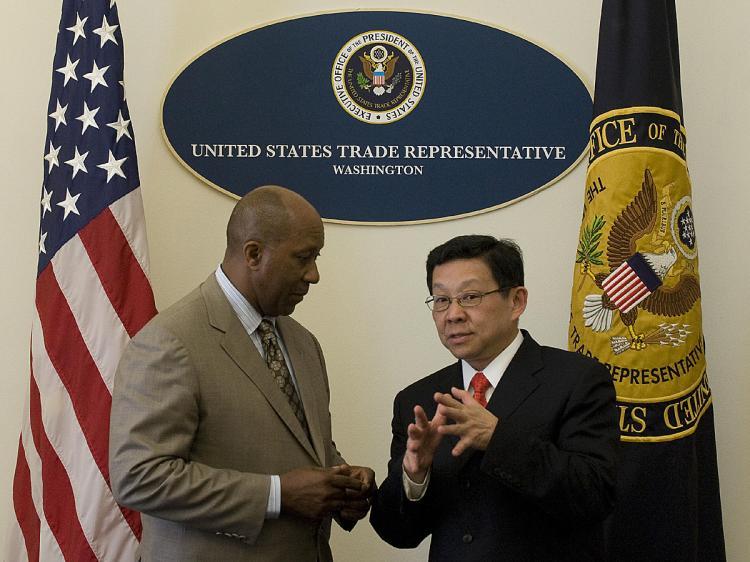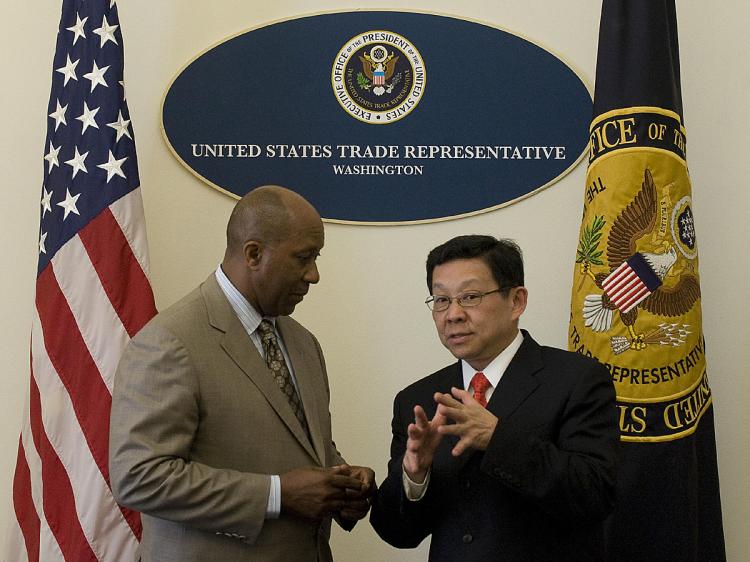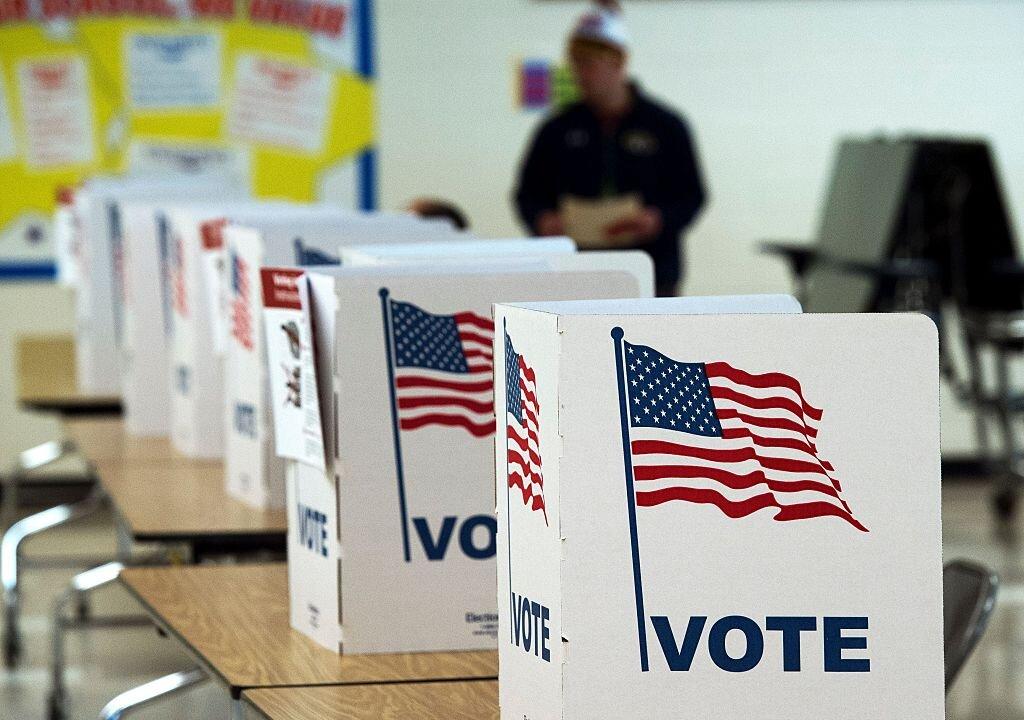According to Mr. Clinton, the Chinese leaders had made the tough decision to sign the trade agreement that requires that they buy goods and services from the United States, which could eventually lead to democracy in China. Congress granted PNTR status to China in 2000, paving the way for the country to become a member of the World Trade Organization.
What do we get today?
As of 2008, The United States ran an annual trade deficit of $266 billion with China. The number is simply staggering and not sustainable in the long term for any country. In addition, American consumers have had to deal with a variety of toxic Chinese imports, such as lead-tainted toys, melamine-laced pet food, toxin-spiked blood thinner, and hydrogen sulfide-emitting drywall, to name a few.
China’s human rights record does not look any better. Markets and free trade failed to make Chinese leaders more humane.
Besides brutally persecuting Tibetans and Chinese citizens who dare to appeal to the regime, the Chinese Communist Party (CCP) is also ruthlessly cracking down on the Falun Gong group.
According to human rights lawyer David Matas and the United Nations, the CCP has jailed more than 1 million Falun Gong practitioners since 1999. Millions of practitioners have been harassed, tortured, enslaved, and imprisoned without trial.
The notion that free trade would encourage China’s leaders to do more to advance human rights is nothing more than wishful thinking.
That Chinese leaders were keen for trade with the United States is not hard to comprehend: Their purpose was to ensure their grip on power through economic development, not to undermine it. They wanted to attract more foreign investment in China as part of their export-led development model.
PNTR is the best guarantee that the CCP can get. Meanwhile, U.S. investors have pumped billions of dollars into China. Free trade literally becomes a safe haven to a repressive regime headed into a time of trouble. With PNTR, even one more Tiananmen Square massacre will not likely endanger China’s exports.
The claim that trade with China will open a market of 1.3 billion consumers to U.S. exports is simply false. China has 1.3 billion people, but few consumers. Ordinary Chinese have good reasons to save their hard-earned money. There is no social safety net in China. The health care system is broken and is only for the rich and powerful.
Government mismanagement and corruption are rampant. Educational expenses are soaring. So in China, “people hoard the money they have in anticipating a bad day,” said former President George W. Bush. The CCP regime is aiming not at the internal markets in China, but on exporting back to the United States and Europe. China depends on its trade surpluses to survive.
Some big businesses in the private sector have lined up to court the CCP in the name of free trade. The corporations are obsessed with high returns and astronomical executive pay. They are not trying to promote the values of the free world. Instead, they put a “for sale” sign on their ethical standards in China.
Cisco supplies Internet routers that are the cornerstones of China’s “Great Fire Wall.” Google routinely complies with Chinese demands in order to maintain favorable business relationships. Yahoo releases information to Chinese police that has led to cyber dissidents being jailed. This is not free trade, but selling out.
The current U.S.-China trade relationship is bad for people in both countries. The United States is quickly piling up foreign debt, losing manufacturing jobs, and becoming addicted to cheap foreign imports. Meanwhile, the Chinese people are facing an increasingly more powerful and confident dictatorship.
Only the CCP benefits from the trade. During a time of extreme economic problems, it is time to re-examine the U.S. trade policies with China.





